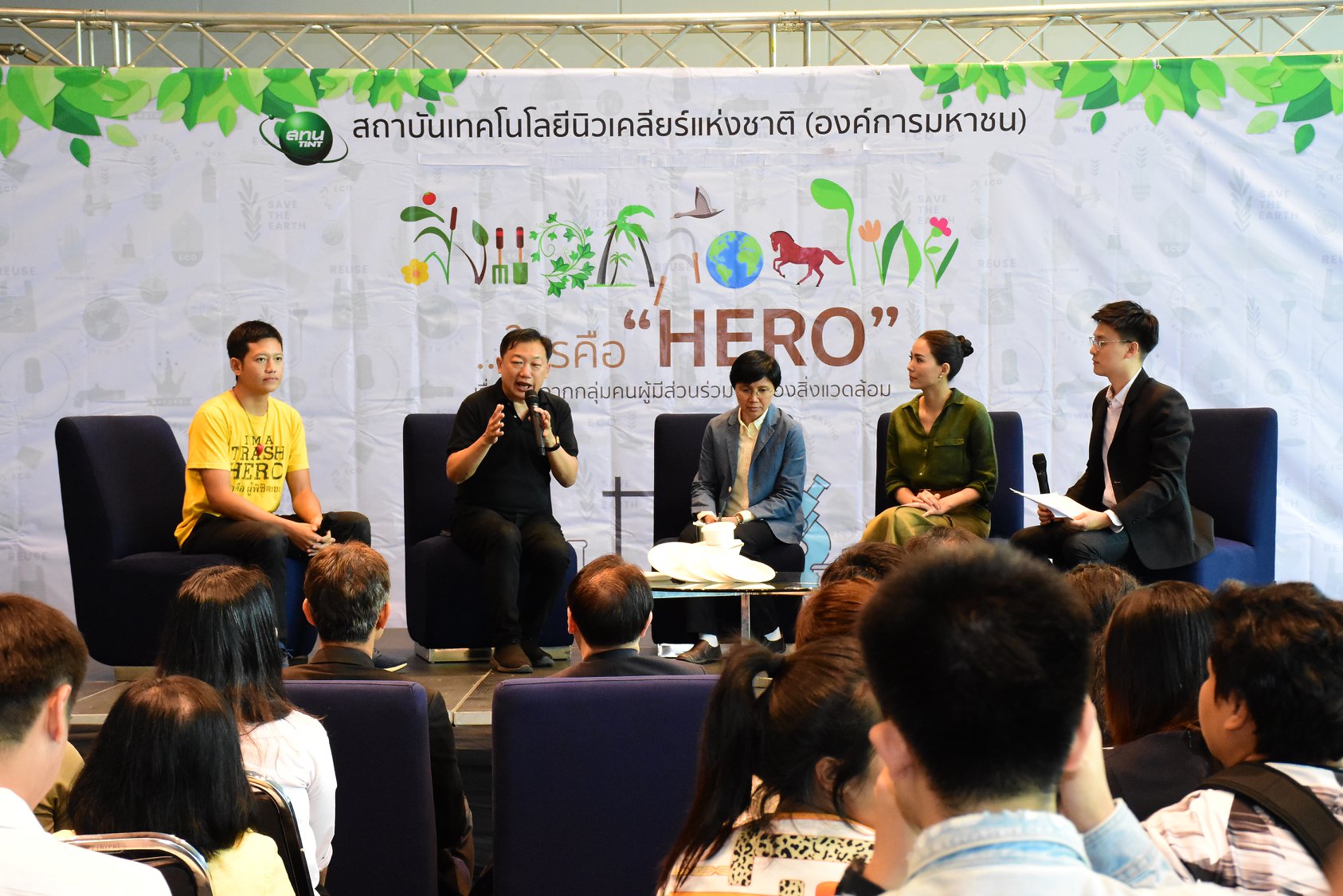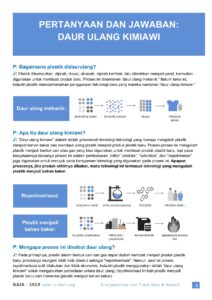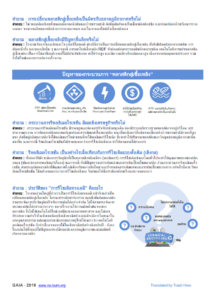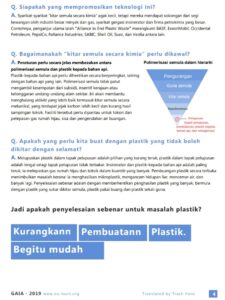What’s the easiest and most effective recycling in the world? Recycling that you can do yourself at home? The answer may surprise you: organics!
Separating and recycling organics – food and garden waste – is often overlooked when we talk about improving waste management but in truth it is the key to making a circular economy a reality.
Investment in recycling food will have a far bigger, wider and more immediate impact than any equivalent investment in recycling plastic. It needs fewer resources and is much less complicated. To go zero waste, start with food!
So why is recycling food waste, also known as composting, so important?
5 reasons why composting is the foundation of zero waste

- It reduces the amount of waste sent to landfills
By weight, food makes up the biggest proportion of our household trash. By separating food and other organic waste and composting it, the amount of waste sent to landfill can be reduced by half or more – up to 70% in some Asian countries. That’s a huge reduction when we consider we are rapidly running out of space to contain our trash – and spending ever more public funds to deal with it.
- It prevents greenhouse gas emissions
Food waste piled up in a landfill is starved of oxygen. This leads to anaerobic decomposition – a process that creates methane as a by-product. Methane is a greenhouse gas 80 times more potent than carbon dioxide over its 20 year lifespan, and a major factor in driving climate change. Around 15% of methane produced globally comes directly from food rotting in landfills.
- It makes landfills safer
All that methane can build up inside the landfill, and is very flammable. Spontaneous fires are common, especially in poorly managed sites. Burning trash produces dangerous toxins and can spread quickly, contributing to disasters such as the fatal collapse of a landfill in Indonesia in 2005.
Rotting food also releases water that starts to dissolve non-organic waste such as plastic or batteries. The resulting toxic black liquid, known as leachate, can leak into the soil and contaminate water sources. Ammonia and mercury in the leachate are responsible for the “dead zones” in rivers.
- It makes other recycling easier
With food and other organics out of the picture, recycling non-organic materials becomes much easier! Dry, non-contaminated glass, metal and plastic can be sorted and recycled more effectively and also fetch a higher price in the market – an important incentive that boosts recycling rates.
- It’s infinite and helps nourish the soil
Food waste is infinitely recyclable – something that cannot be said for plastic. Food that is composted can be returned to nourish the soil naturally (avoiding synthetic fertilisers) and grow more food. This cycle can be continued forever with almost no additional resources required. It seems incredibly wasteful – if not a little crazy – to spend money piling food up in a landfill, even without considering the other ill effects of doing this.
So how to start recycling your food waste?

If you live in the countryside, or have access to a garden, it’s easy: compost! We have a simple guide on how to do this on our kids’ website. Almost everything that grows can be composted, which makes food one of the easiest things to recycle – although there may be exceptions depending on the technique you choose.
If you live in a city or have limited outdoor space, it gets more tricky. But it is still doable, without smell or mess! The first option is to look for a community composting service or facility. Many municipalities offer food waste collection, or there are often private enterprises who offer a similar service, such as Urban Compost in Bali.
Other cities have adopted a community garden approach, where organic waste can be dropped off in a nearby green space and the compost bins are managed by a volunteer team. Brussels has a network of hundreds of these collective compost sites. There are also many resources available online if you are motivated to start your own project where you live.
The second option is to manage the waste yourself. This is more challenging, especially in a small apartment, but it is especially worthwhile if you have houseplants or a balcony garden that would benefit from the compost you make. Again, there are many resources online for how to compost in a small space. Two techniques we have used and had success with are bokashi and vermicomposting. Bokashi is the easier and more flexible option, but still needs a patch or container of soil in order to fully break down.
Conclusion
Food recycling – or composting – is the most effective form of recycling we have. Food represents the biggest part of our waste stream and, unlike plastic, it is not complicated to recycle, requires minimal resources and can be done an infinite number of times. It vastly reduces the size of landfills, avoids disastrous greenhouse emissions and environmental pollution, and improves the ability to recycle other materials. Get rotting today!
read more

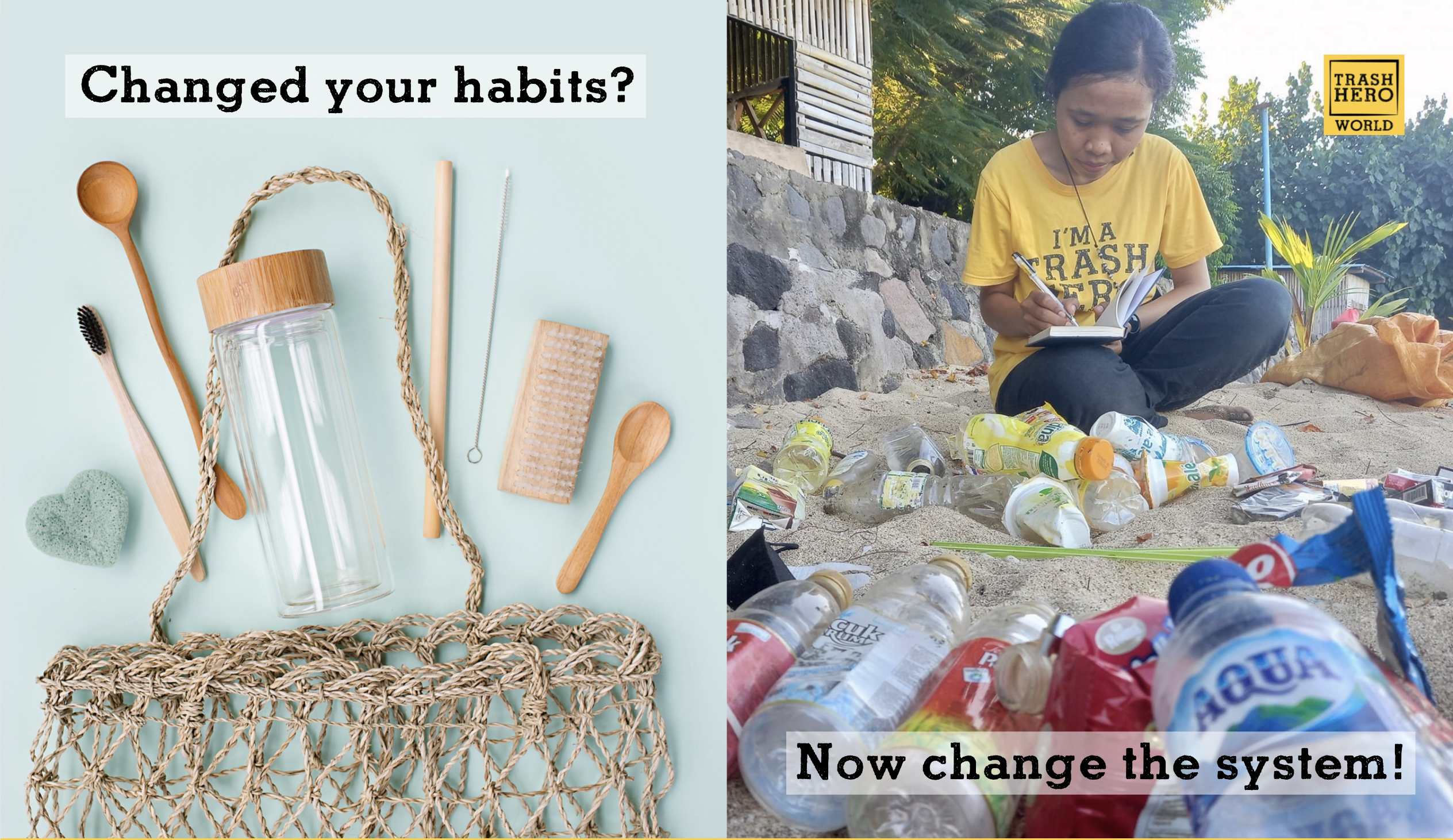


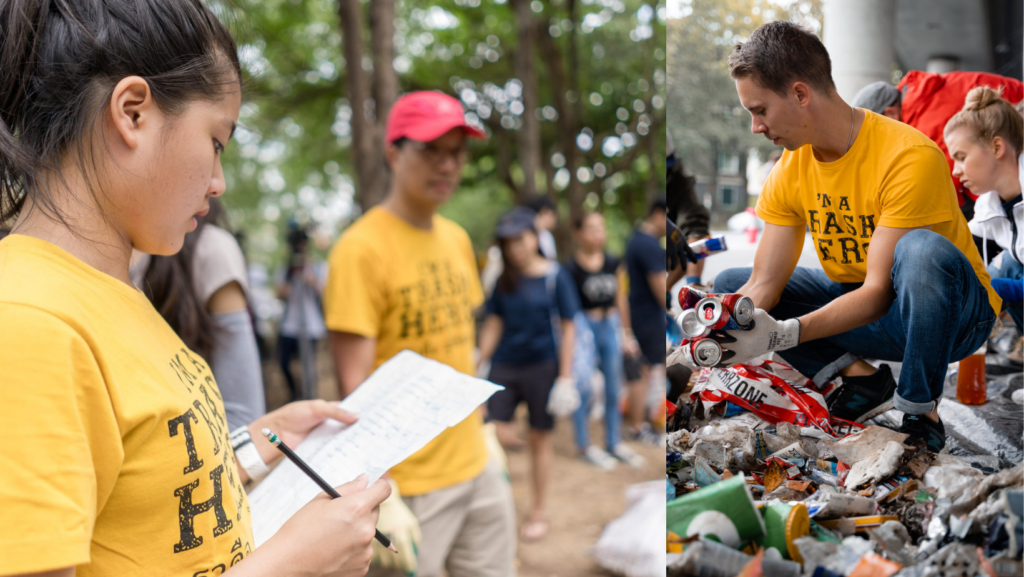

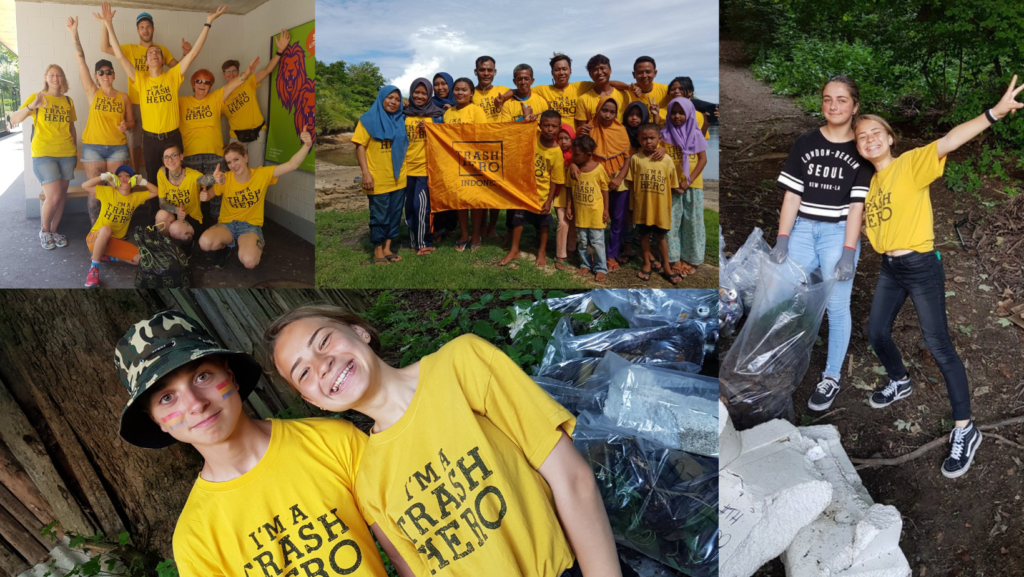
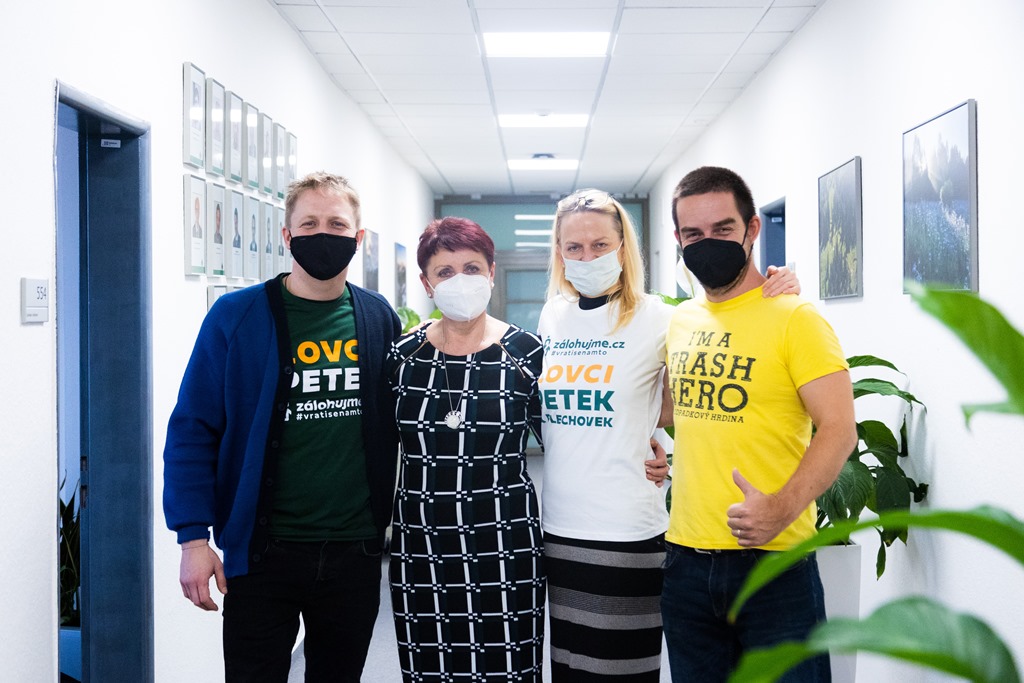
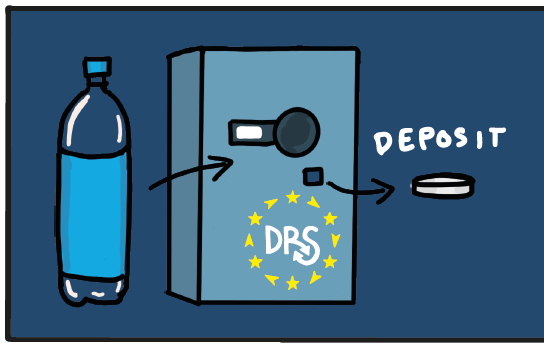
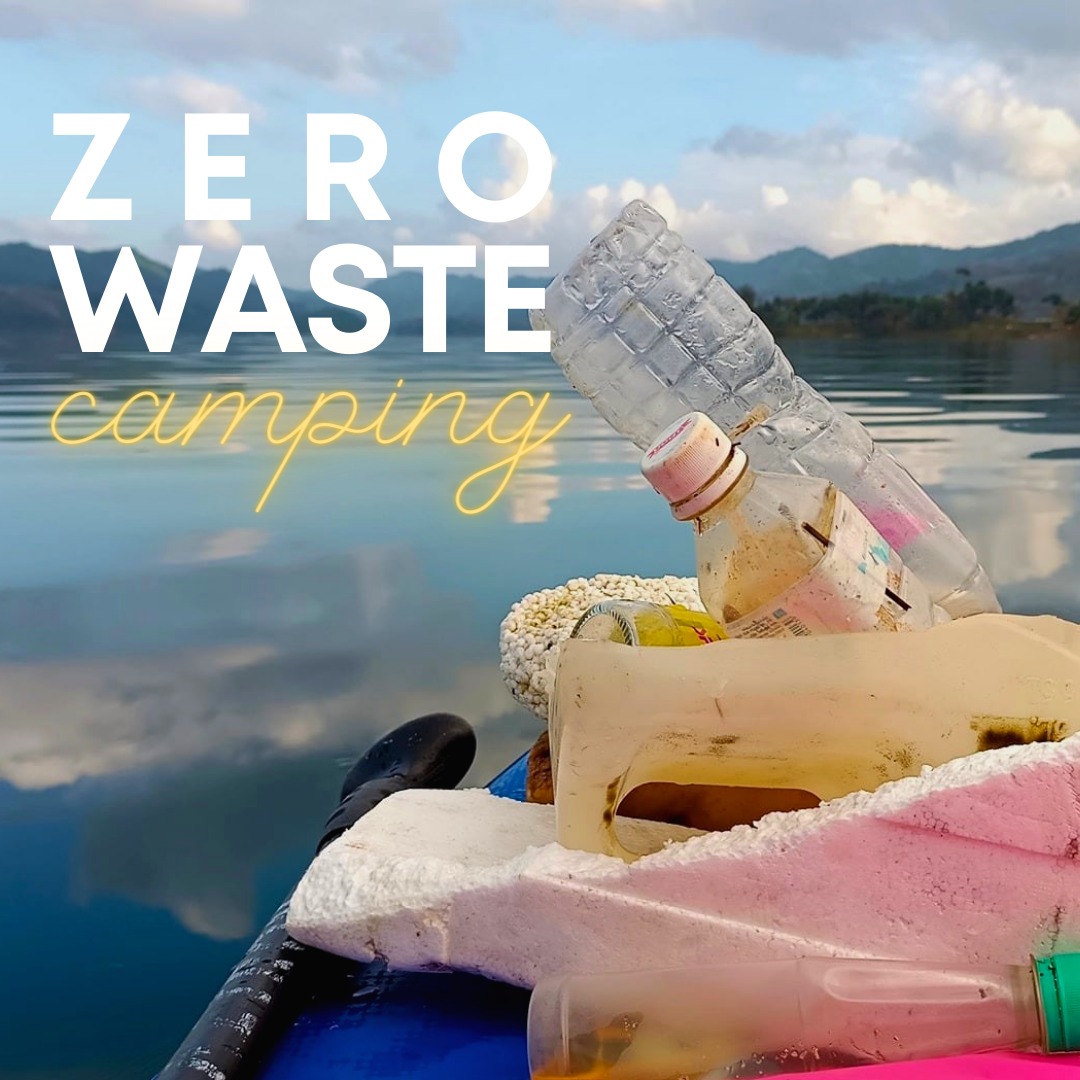
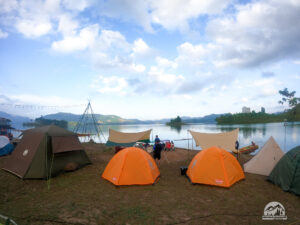
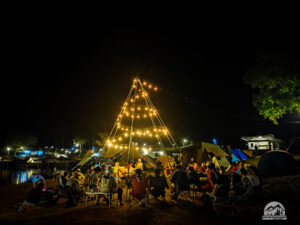
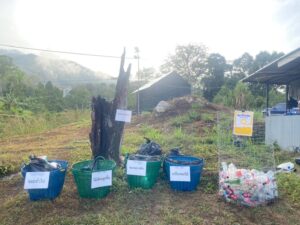
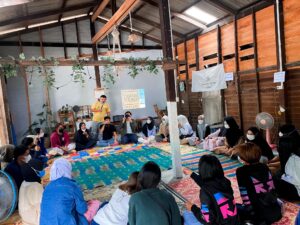 In total the waste generated during the camp (4-6 Feb inclusive) was 31.6kg, with 16.6kg of organics and recyclables and 15kg of residual waste. 10.5kg of trash was picked up during the cleanup in the camp grounds. The trip was the sixth such event in Trash Hero Pattani’s “Zero Waste Camping” project, which they describe as a work in progress, refining the details each time. Already this year the amount of trash generated was halved, compared with the 2021 trip, where 95g of trash was logged per participant. Kudos to all involved, and for more information (in Thai) please visit the
In total the waste generated during the camp (4-6 Feb inclusive) was 31.6kg, with 16.6kg of organics and recyclables and 15kg of residual waste. 10.5kg of trash was picked up during the cleanup in the camp grounds. The trip was the sixth such event in Trash Hero Pattani’s “Zero Waste Camping” project, which they describe as a work in progress, refining the details each time. Already this year the amount of trash generated was halved, compared with the 2021 trip, where 95g of trash was logged per participant. Kudos to all involved, and for more information (in Thai) please visit the 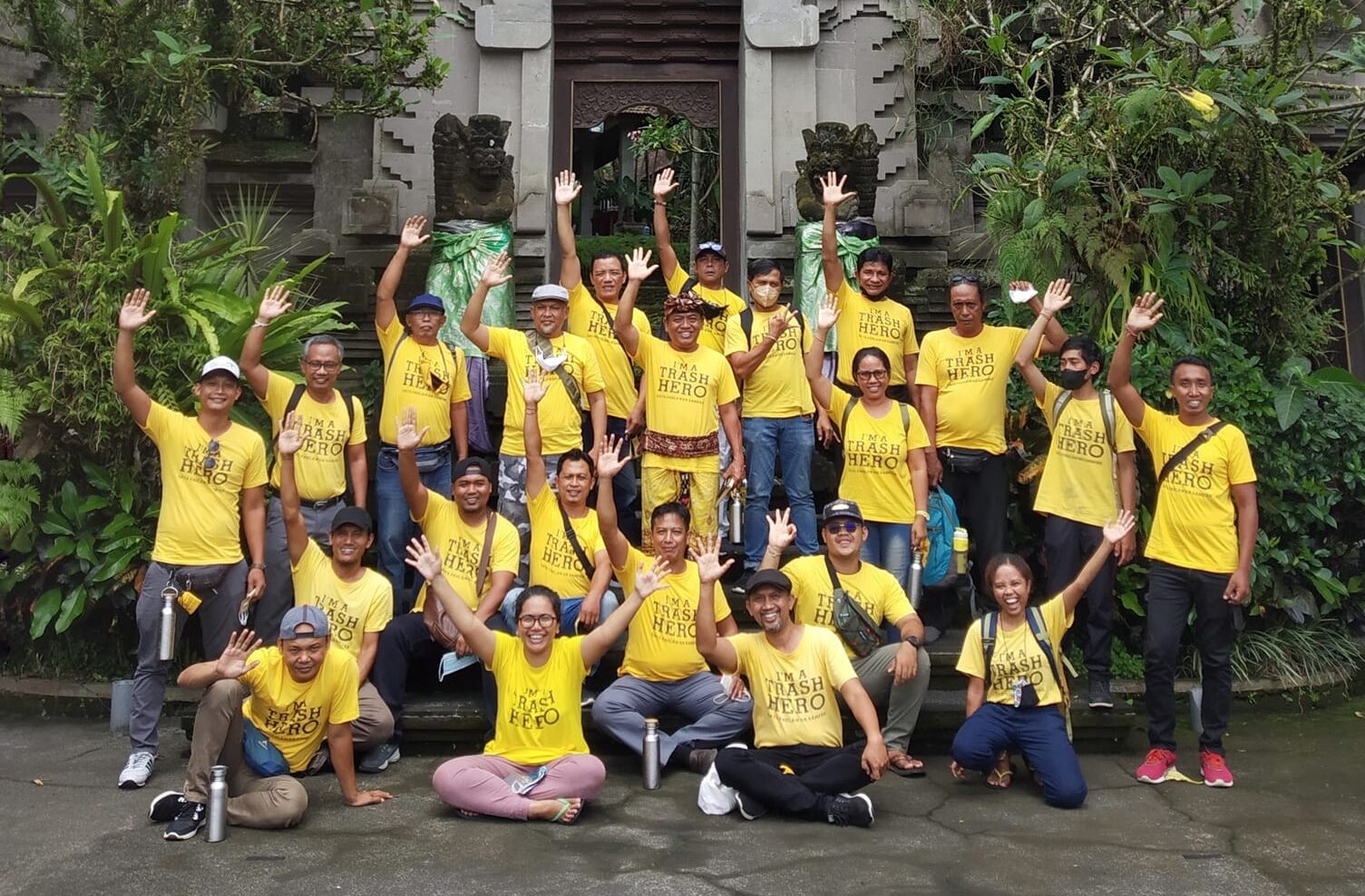
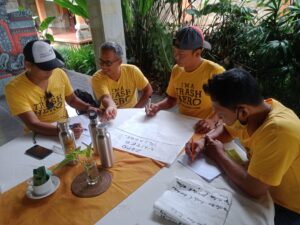
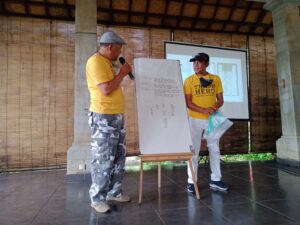
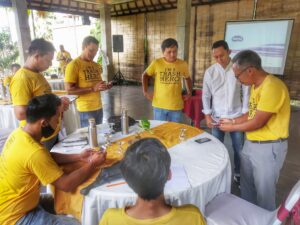
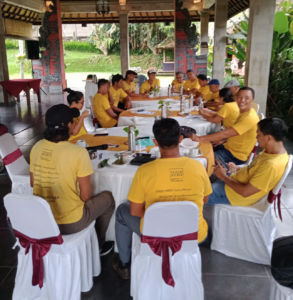
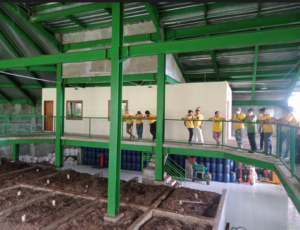
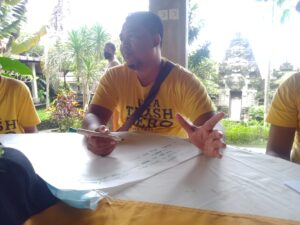
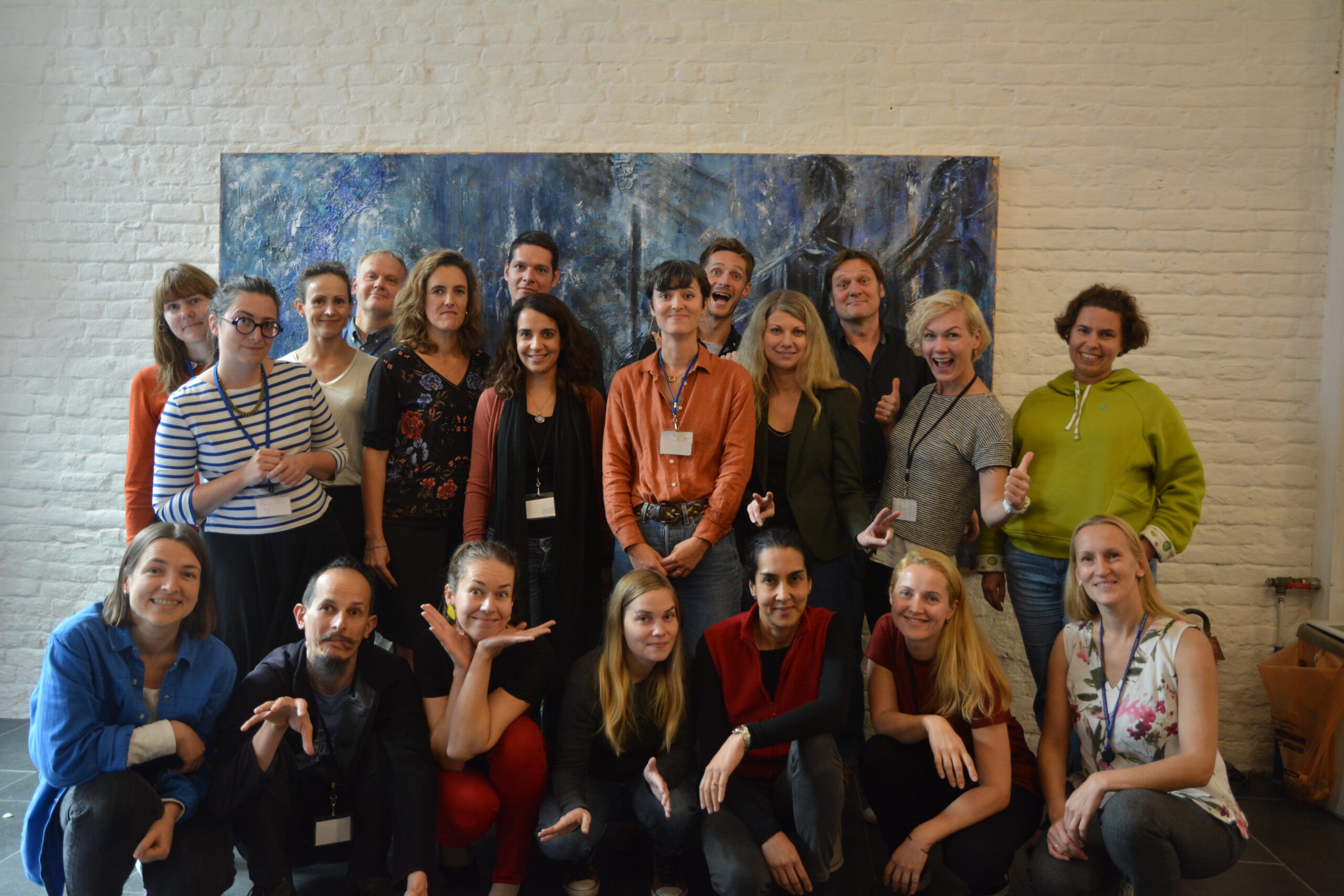
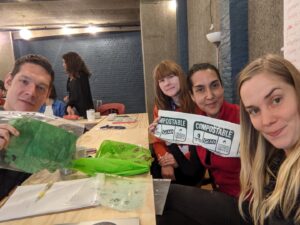
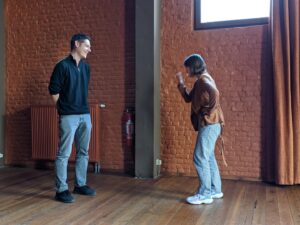
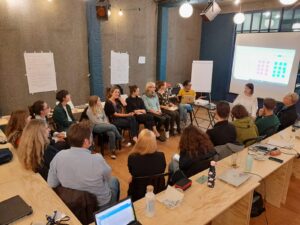
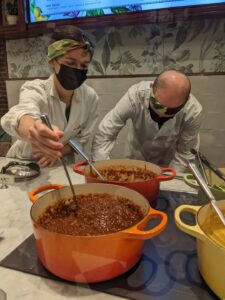
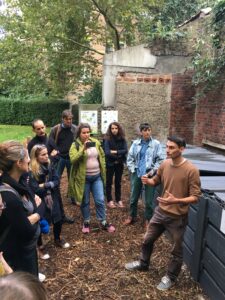
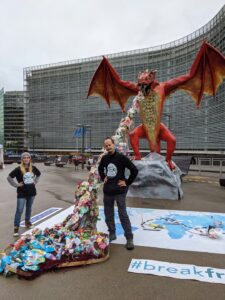
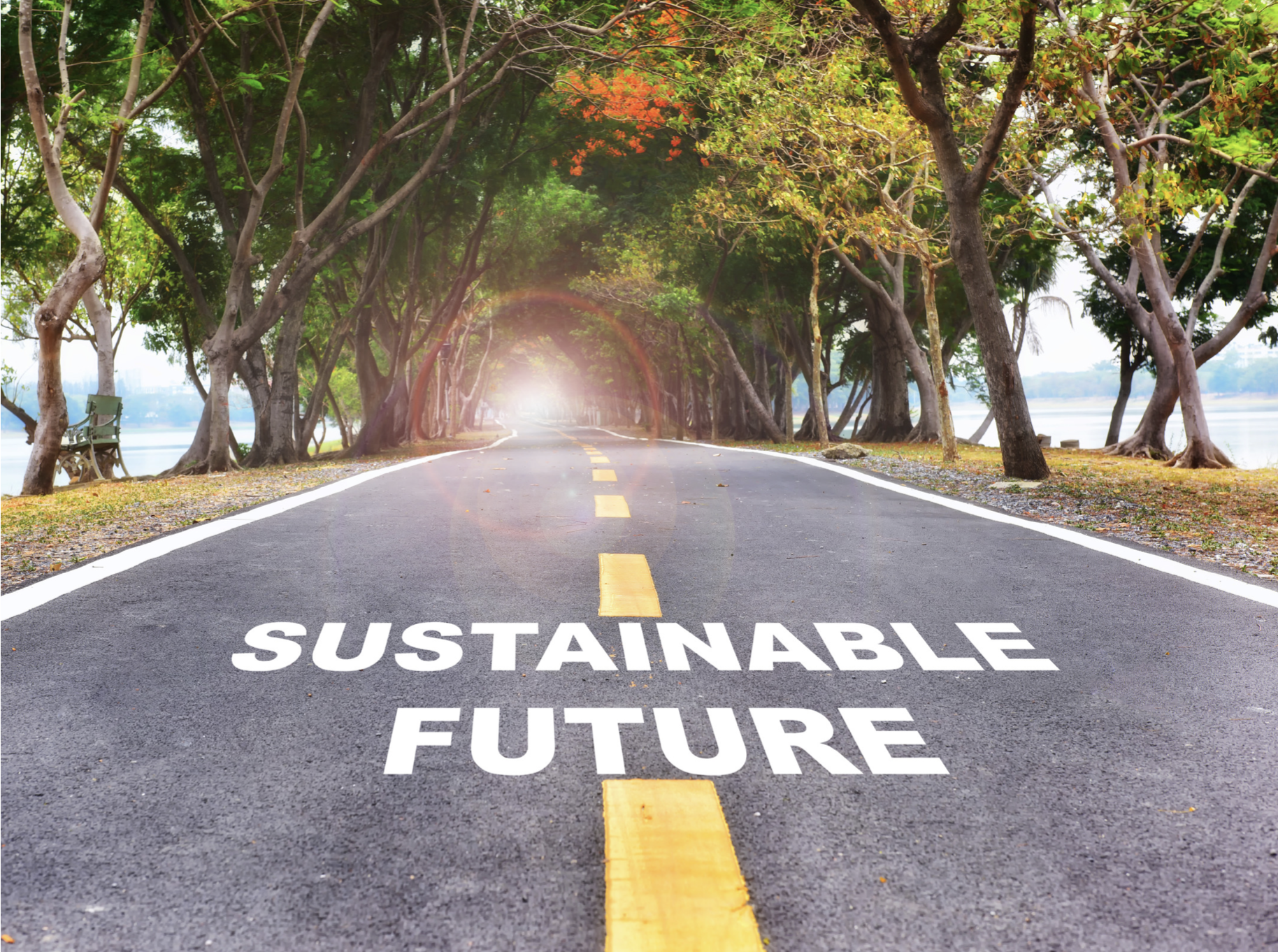
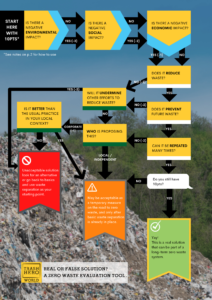
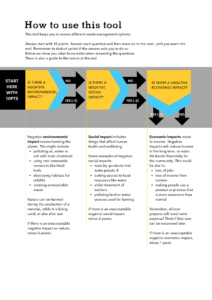
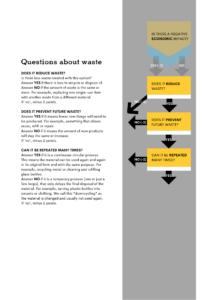
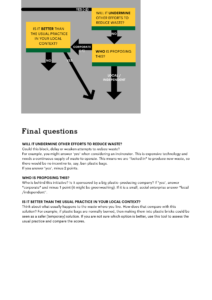
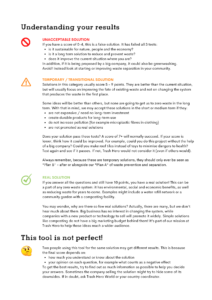
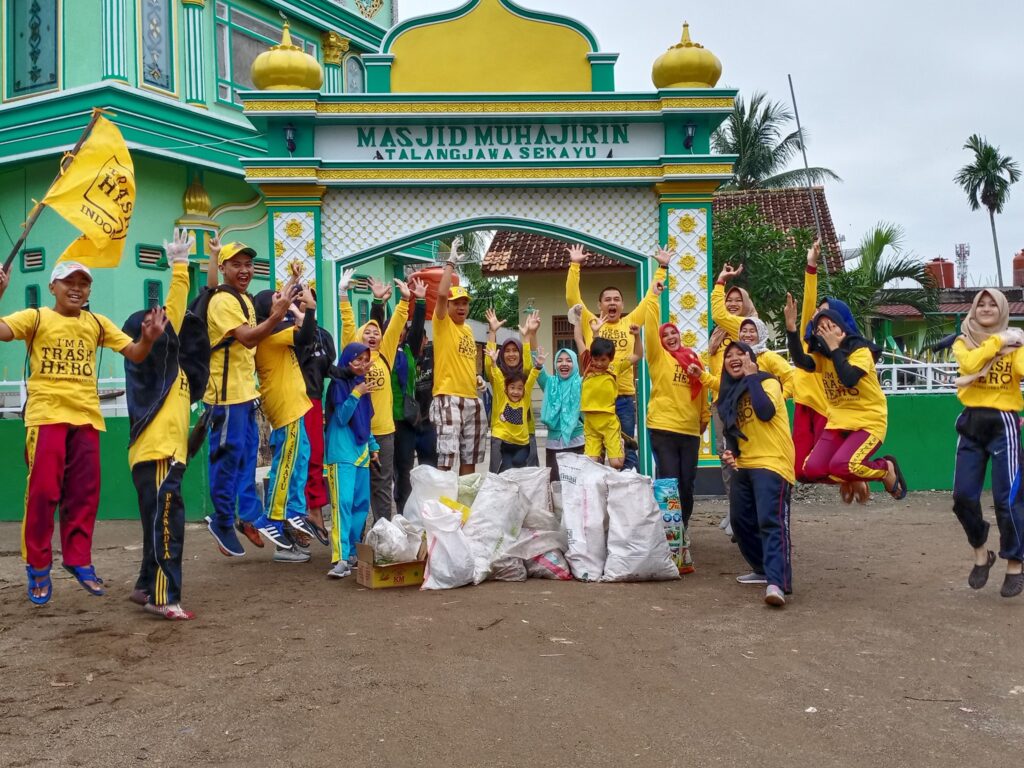 ฮีโร่ มูบา, อินโดนีเซีย
ฮีโร่ มูบา, อินโดนีเซีย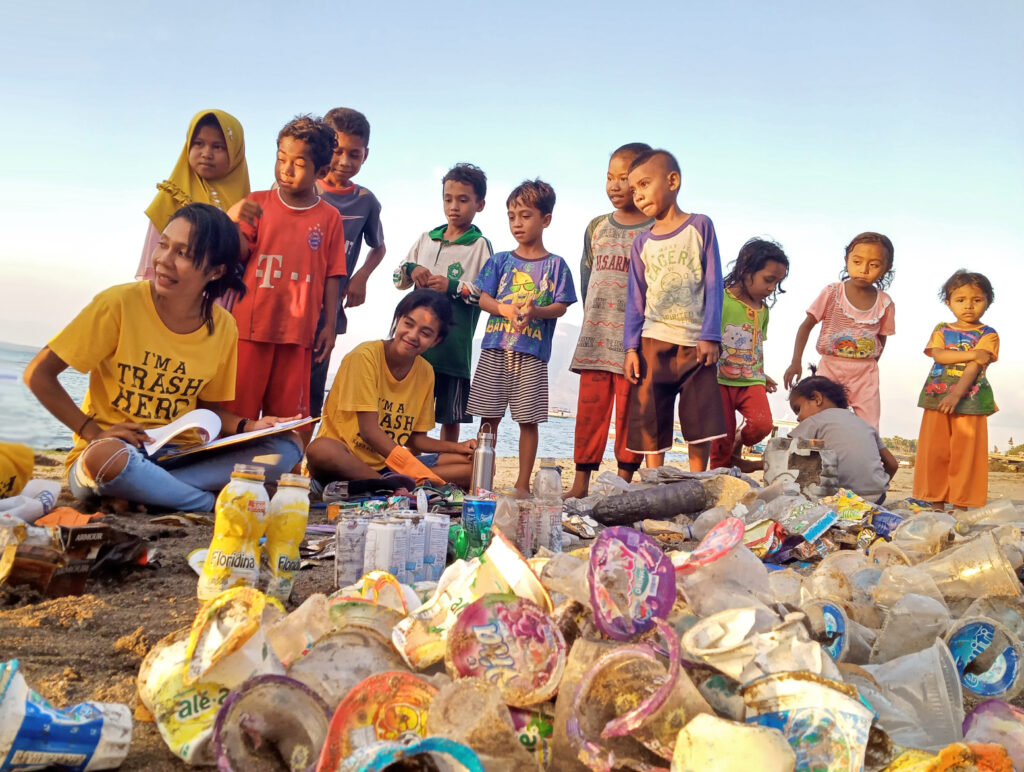 แทรชฮีโร่เลมบาตา, อินโดนีเซีย ทำแบรนด์ออดิทในเดือนกันยายน 2563
แทรชฮีโร่เลมบาตา, อินโดนีเซีย ทำแบรนด์ออดิทในเดือนกันยายน 2563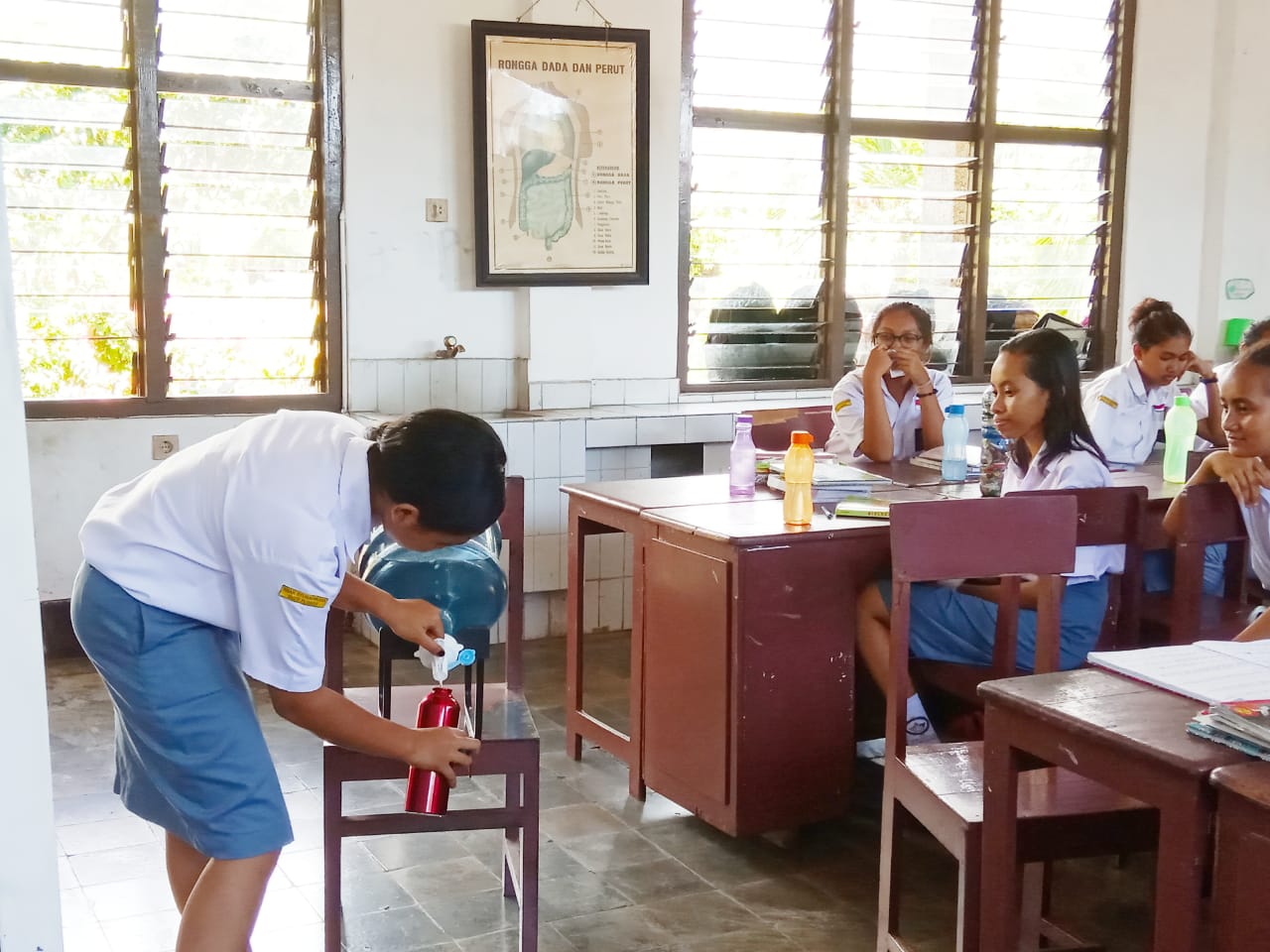
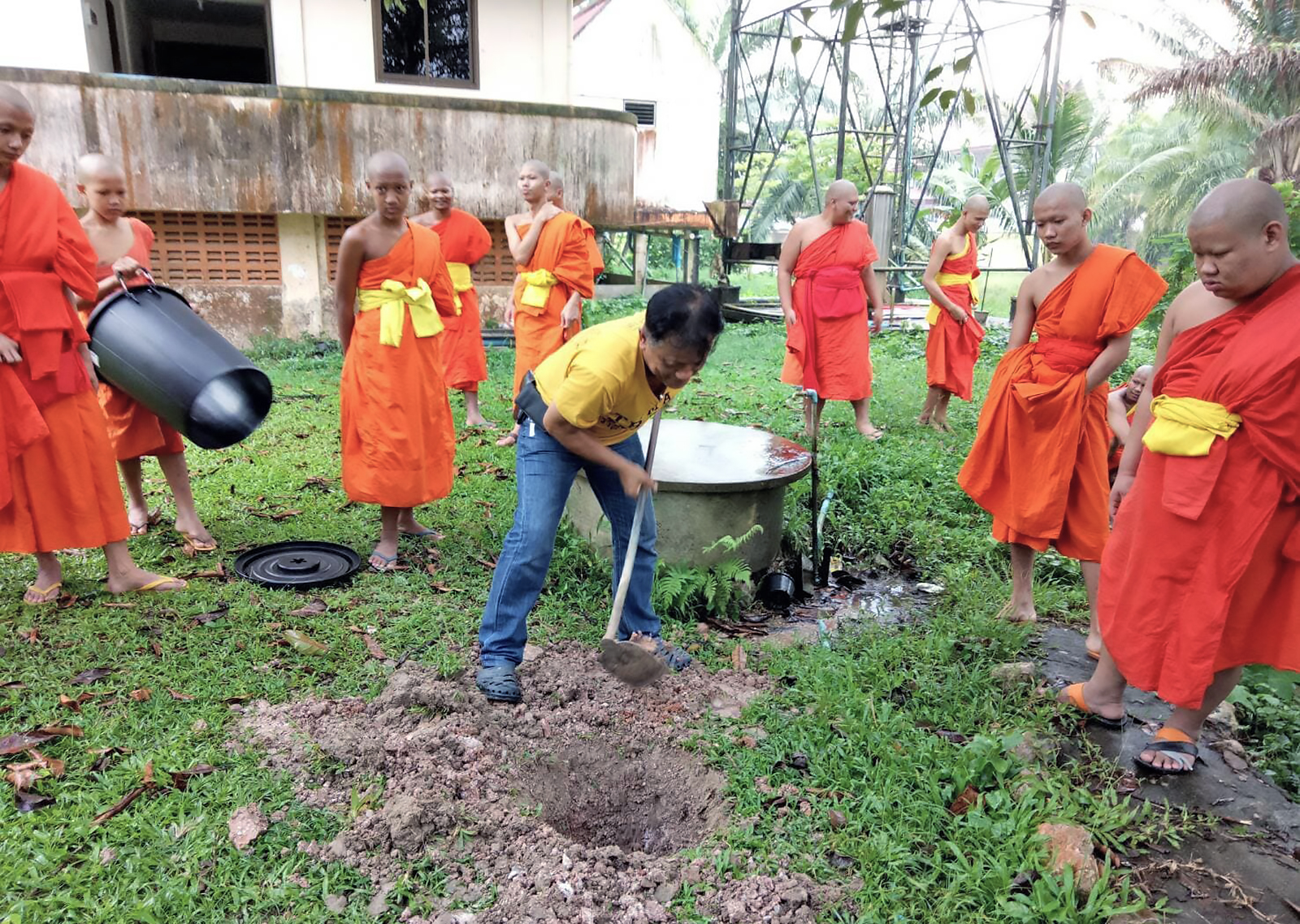
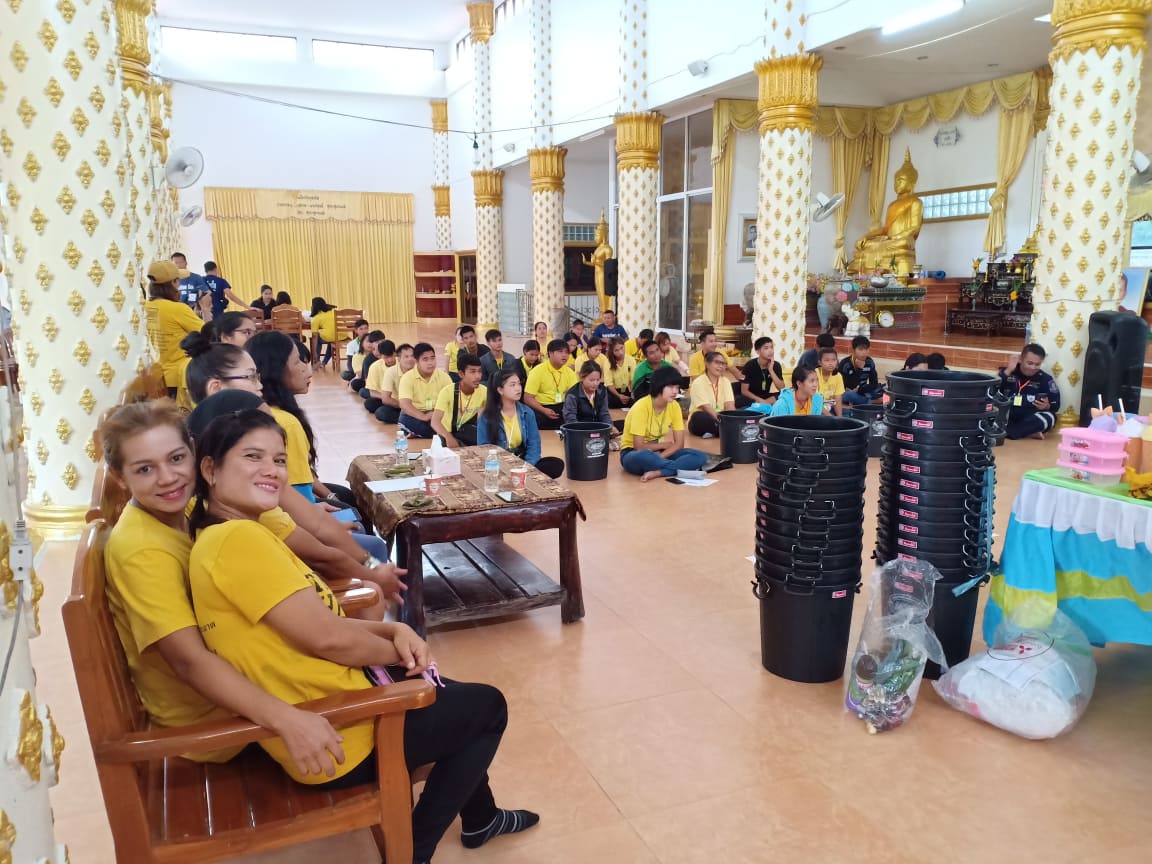
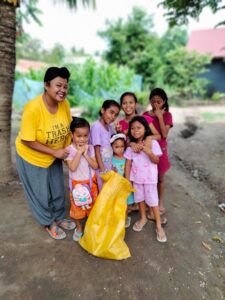
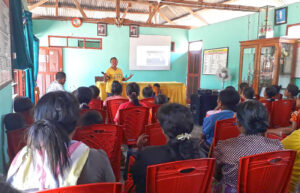
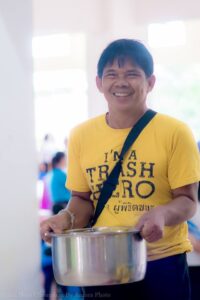
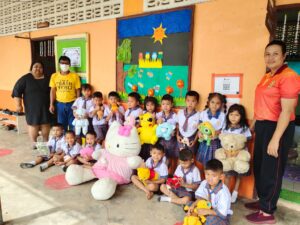
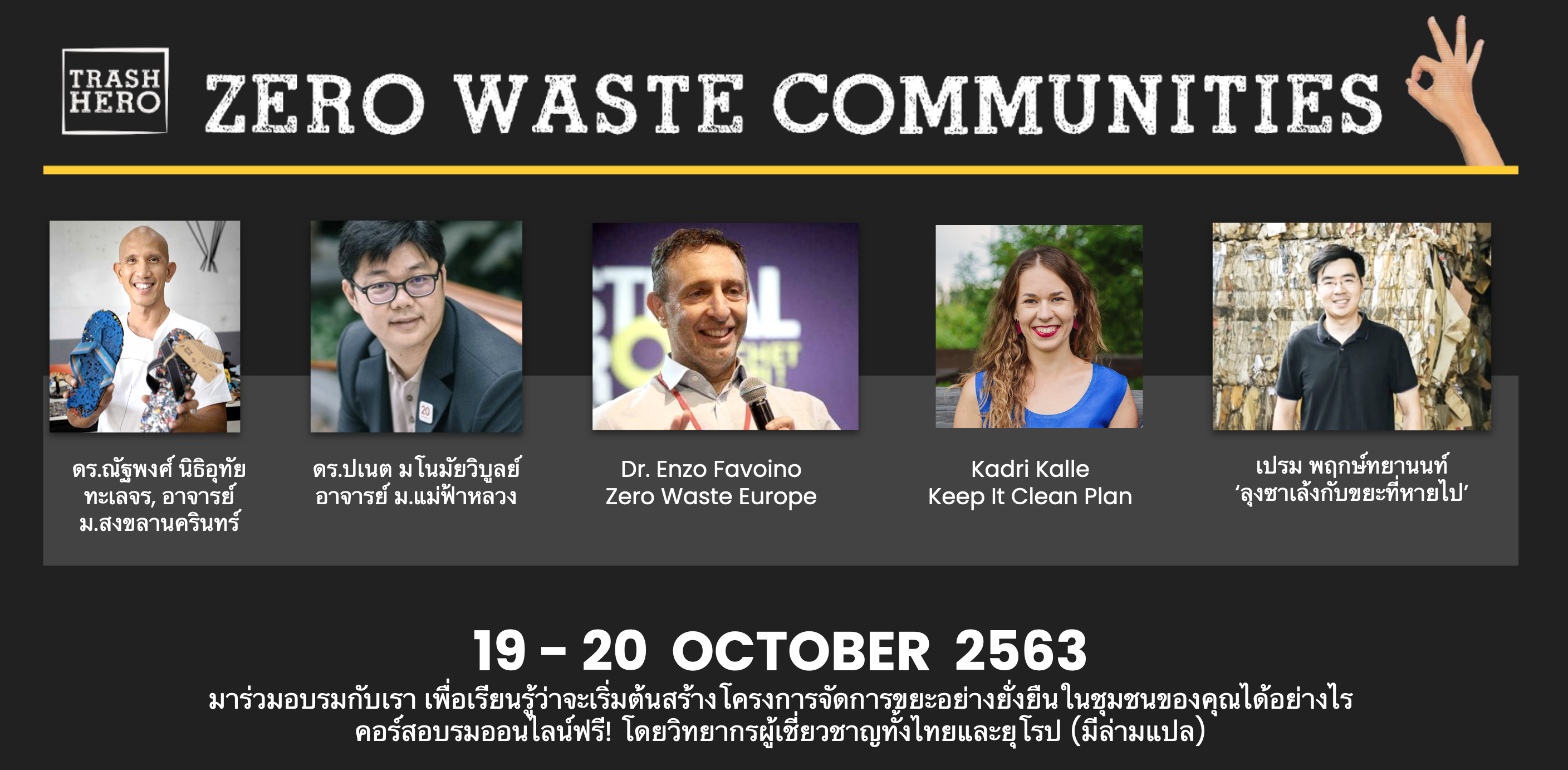
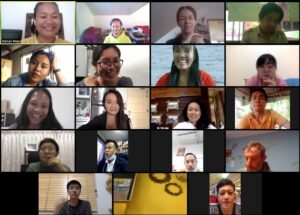
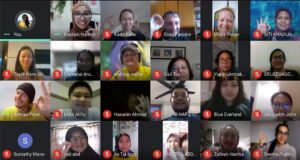
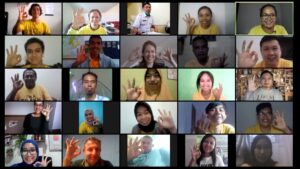
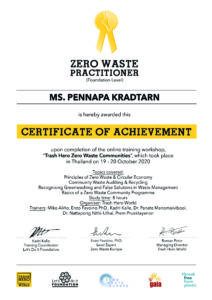 Despite the challenges of holding an online training programme, we were able to recruit a total of 81 participants for the live events. Out of these, 70 completed the two days and a further 51 did a follow-up activity to gain a certificate as a Zero Waste Practitioner (foundation level).
Despite the challenges of holding an online training programme, we were able to recruit a total of 81 participants for the live events. Out of these, 70 completed the two days and a further 51 did a follow-up activity to gain a certificate as a Zero Waste Practitioner (foundation level).